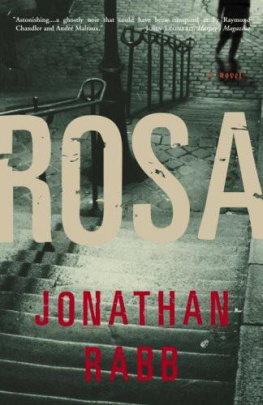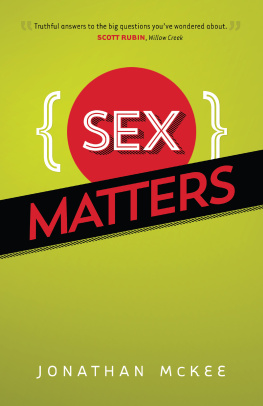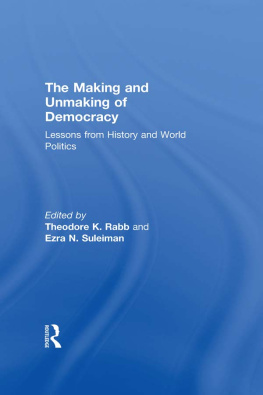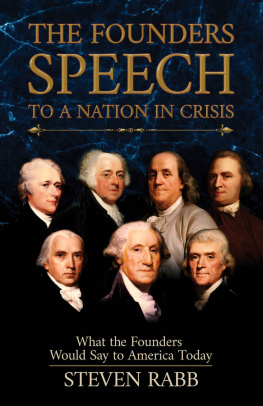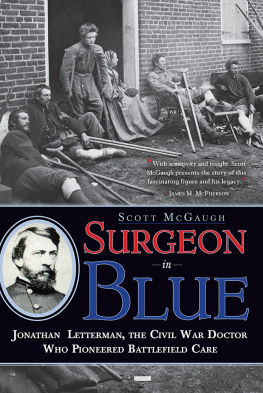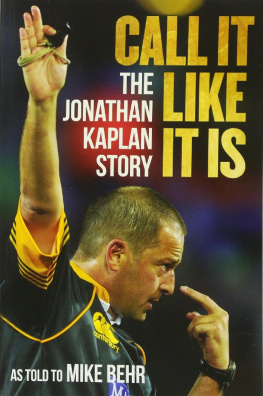Jonathan Rabb - The Second Son
Here you can read online Jonathan Rabb - The Second Son full text of the book (entire story) in english for free. Download pdf and epub, get meaning, cover and reviews about this ebook. genre: Detective and thriller. Description of the work, (preface) as well as reviews are available. Best literature library LitArk.com created for fans of good reading and offers a wide selection of genres:
Romance novel
Science fiction
Adventure
Detective
Science
History
Home and family
Prose
Art
Politics
Computer
Non-fiction
Religion
Business
Children
Humor
Choose a favorite category and find really read worthwhile books. Enjoy immersion in the world of imagination, feel the emotions of the characters or learn something new for yourself, make an fascinating discovery.

- Book:The Second Son
- Author:
- Genre:
- Rating:5 / 5
- Favourites:Add to favourites
- Your mark:
- 100
- 1
- 2
- 3
- 4
- 5
The Second Son: summary, description and annotation
We offer to read an annotation, description, summary or preface (depends on what the author of the book "The Second Son" wrote himself). If you haven't found the necessary information about the book — write in the comments, we will try to find it.
Jonathan Rabb: author's other books
Who wrote The Second Son? Find out the surname, the name of the author of the book and a list of all author's works by series.
The Second Son — read online for free the complete book (whole text) full work
Below is the text of the book, divided by pages. System saving the place of the last page read, allows you to conveniently read the book "The Second Son" online for free, without having to search again every time where you left off. Put a bookmark, and you can go to the page where you finished reading at any time.
Font size:
Interval:
Bookmark:
Jonathan Rabb
The Second Son
1
There was nothing but heat and sun. And, from time to time, the young man forced himself to arch his neck just to feel the lines of sweat dripping down his back.
What had he expected, a German in Spain? It was his job to sweat and look sickly doing it. His cheeks had gone a nice pasty red, even through a three-day growth of beard. He wasnt smelling all that good either, but then neither were any of the others in the row, staring across the plaza, cameras at the ready, cigarettes hanging limply from parched lips.
The young man had thought about keeping the beard, but he knew his wife would tell him to shave it off the moment he got back to Berlin. It would probably scare the boy anyway-Wheres my papi! Wheres my papi! ringing down the hall, screams and tears before all the presents came tumbling out of the suitcase. Presents were always good with a boy of four, even from a father he didnt quite recognize.
It hadnt been that long, he thought. Not this time-had it?
The young man kept his right arm on the crank of the movie camera, his eye at the viewfinder, as, with his left hand, he tried to grope for the can of water he had set down somewhere on the cobbled pavement.
He must have looked ridiculous doing it because a voice down the line blurted out, You do juggling tricks as well, Hoffner, or is it just the balancing act?
The words were Spanish, but it was a thick Eastern European accent that muddied the sound.
Georg Hoffner pulled himself back from the camera. He brought his long body upright, blinked the sweat from his eye, and stared down at a fat Bulgarian with a hand-held Leica strung across his chest. The camera looked twenty years old, cutting-edge for a Bulgarian.
Why? said Hoffner. You have some balls that need juggling?
There were a few laughs, those dry uncomfortable laughs that come with heat and sweat, but almost at once the line fell silent. Across the plaza, the doors to a vast building opened. Hoffner quickly repositioned himself behind the camera and peered through the viewfinder. He focused on the banner hanging above, hastily painted but still impressive:
PEOPLES OLYMPICS, 1926 JULY, 1936, BARCELONA FOR THE PEOPLE, FOR THE WORKERS
A line of young men and women began to pour out the doors, all dressed as workers, with red neckerchiefs and berets to signify their exalted station in life. To be a worker in Barcelona these days, a member of the proletariat-that was the stuff of dreams. To be a worker athlete-well, that was pure legend.
The fat Bulgarian snapped his shots as he tried to squeeze past the line of Guardia Civil: patent leather hats, patent leather boots-patent leather men with patent leather souls. How these soldiers were managing to stay upright in the heat was anybodys guess. Still, Bulgarians were never much good at maneuvering through large Spaniards with cudgels. The Bulgarian pushed once too often and his camera went crashing to the pavement.
Hoffner heard the moans from down the line, but it wasnt enough to draw his attention from the smart set of Germans striding across his lens. Hoffner cranked as they walked, his arm remarkably steady as he followed them along the plaza. There was something almost Soviet to the way these boys moved, triumphant and bedraggled all at once, their nobility protruding from the angle of their heads and the broadness of their chests. He recognized them from this mornings press conference outside the Olympic Stadium. It had been a hell of a time getting the cameras into the funicular and up the mountain, where the smells of wheat and cow manure and maybe beets-he hadnt been able to place that one-followed the tram all the way up.
It had been the German contingent on the podium this morning. The place of honor. After all, they were the ones protesting their own Olympic games-Hitlers chance to show the world the best of Nazi Germany. Hitler, however, would have to wait another ten days before parading his Aryan ideals in Berlin. Until then, it was the worker athletes here in Barcelona-Germans, Swedes, Russians, English, on and on-who would remind the world that sport was pure and not meant to be used as a tool of politics. Hoffner suspected it was a logic only the Left could follow.
Truth be known, most of these boys hadnt seen Germany in years. They were Jews and Communists and socialists-exiles living in France or England-but still they had come to compete as Germans. Proletariat Germans. Protesting Germans. Take that, you fascist bastards.
The boys reached the buses parked at the edge of the plaza. They turned and waved to no one in particular and then got on. Hoffner stopped the crank and stood upright. The Bulgarian was still yelling at the Guardia. The buses began to move and the Guardia, no less bored, headed off in various directions, leaving the Bulgarian to shout into the emptying plaza.
Come and have a drink, Hoffner said, as he began to fold up the legs on his camera. Well let Pathe Gazette pay for it-what do you say? and maybe well find you a camera lying around somewhere.
The Bulgarian stopped squawking. He picked up the cracked pieces of his Leica and headed over. His smell preceded him by a good ten meters.
The bar was down in the Raval section of town, near the water and the docks, a good place for pimps and drunks and journalists. At two in the morning there was little chance of telling them apart; now, at four in the afternoon, it was primarily journalists. And one or two whores. They were big girls, with big chests, dark black hair like dripping tar, and tight skirts that hugged the thighs like two thick columns of flesh. The skirts were a kind of protective measure for men too eager to get a passing hand up and inside.
The games are a joke, the Bulgarian said to Hoffner. Two others were sitting with them, all four drinking what passed for whiskey. Youd think if theyre going to protest your Nazis, theyd have someone outside of Spain who actually cares that theyre protesting.
Hoffner was reading through one of the letters he had gotten from his wife. He liked reading them over and over, especially when he was sitting with Bulgarians and Poles and-he couldnt remember what the dozing fourth one was, Russian or Czech. What did it matter? These types all got drunk the same way, spoke the same kind of broken Spanish, and tried to get the girls for cheap. But they all liked that Pathe Gazette picked up the bill for the first few rounds. Hoffner liked it as well. He would have to remember to put in for it.
The Bulgarian said, You think Hitler cares that a few Communists decide to run the long jump? Or a socialist can throw a hammer? The Bulgarian was fat and small, a winning combination. I interviewed one of them. Hes here for the chess. Can you imagine it? Chess as Olympic sport? This one was terribly impressive after he cleaned his glasses and patted down his bald head. Now thats an athlete.
Hoffner continued to scan the letter. My sons been reading the front page of the Tageblatt all by himself, he said. Every word.
The Pole was pouring out his third glass. He likes the news?
Lets hope not.
How long has he been reading?
The last few months. Hes four and a bit.
Ive been reading much longer than that. Are you impressed?
Only if you read better than you write.
The Pole smiled and drank.
The Bulgarian was leaning back over his chair and staring at one of the girls at the bar. She was staring back with just the right kind of indifference. The Bulgarian turned his head to the table. She wouldnt go for less than ten pesetas, you think?
She wouldnt go for it when you asked her last night, said the Pole. Or the night before. But dont let that stop you from asking again.
The Bulgarian peered over at Hoffner. Must be nice to have a wife who writes letters. And a little boy.
Font size:
Interval:
Bookmark:
Similar books «The Second Son»
Look at similar books to The Second Son. We have selected literature similar in name and meaning in the hope of providing readers with more options to find new, interesting, not yet read works.
Discussion, reviews of the book The Second Son and just readers' own opinions. Leave your comments, write what you think about the work, its meaning or the main characters. Specify what exactly you liked and what you didn't like, and why you think so.

